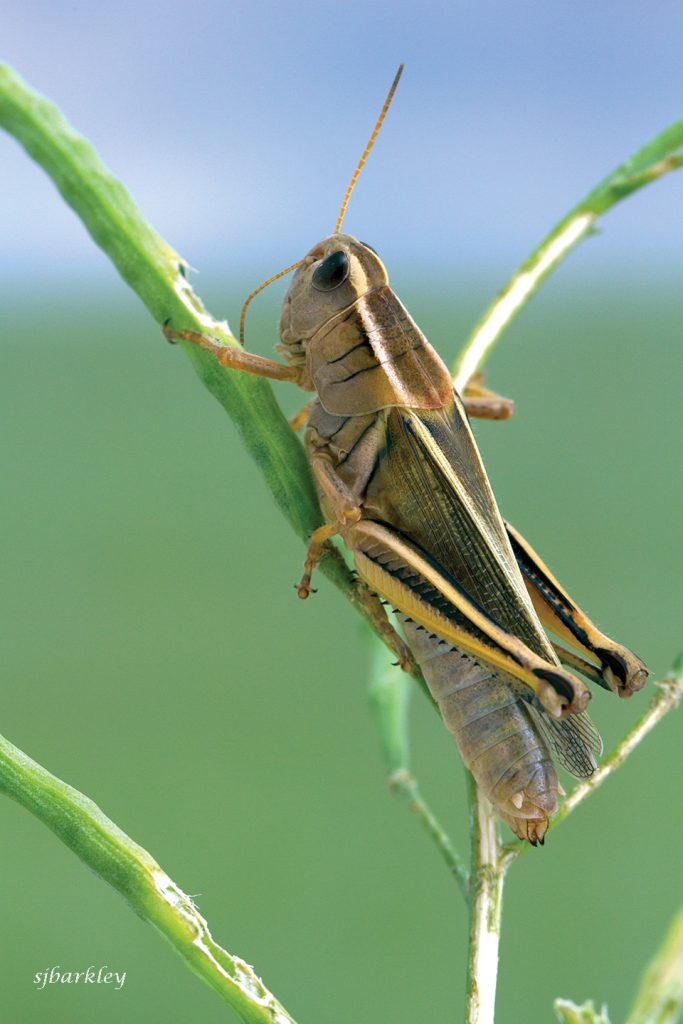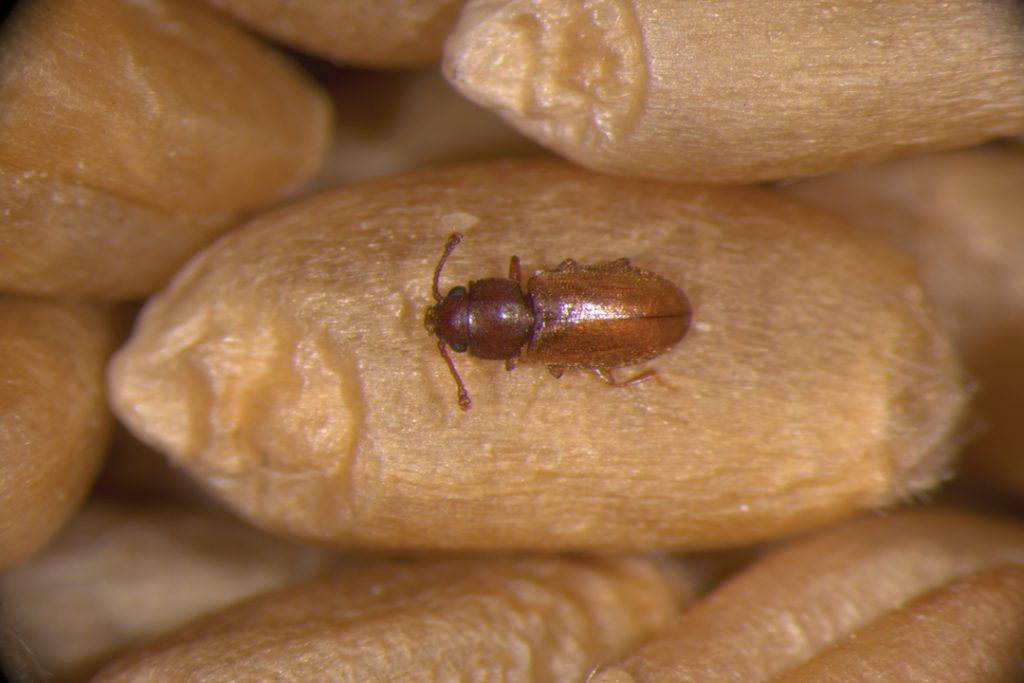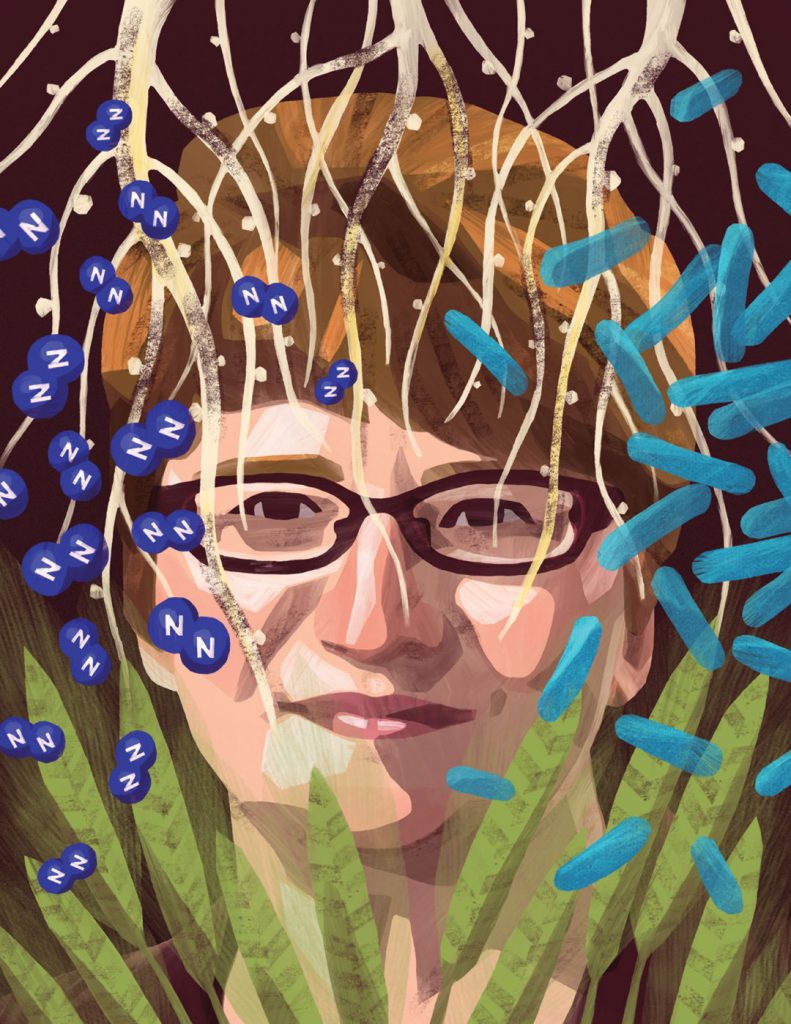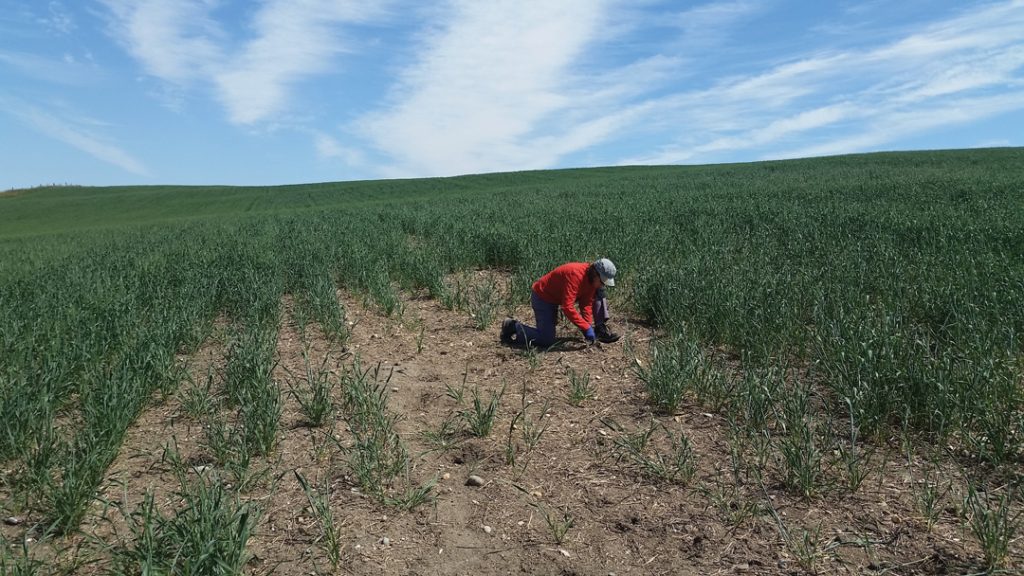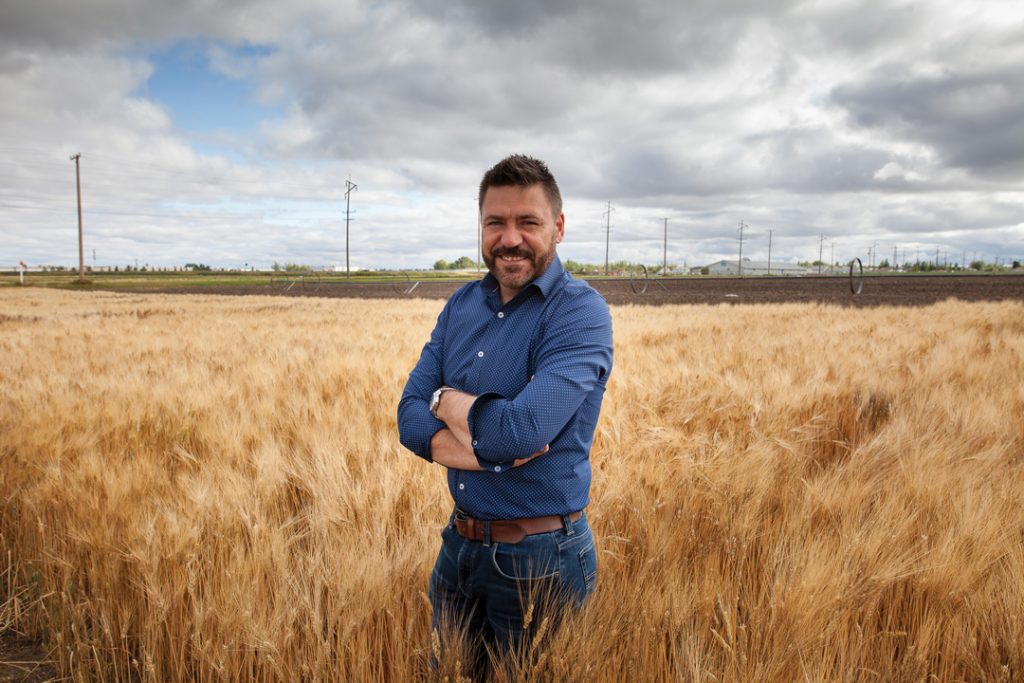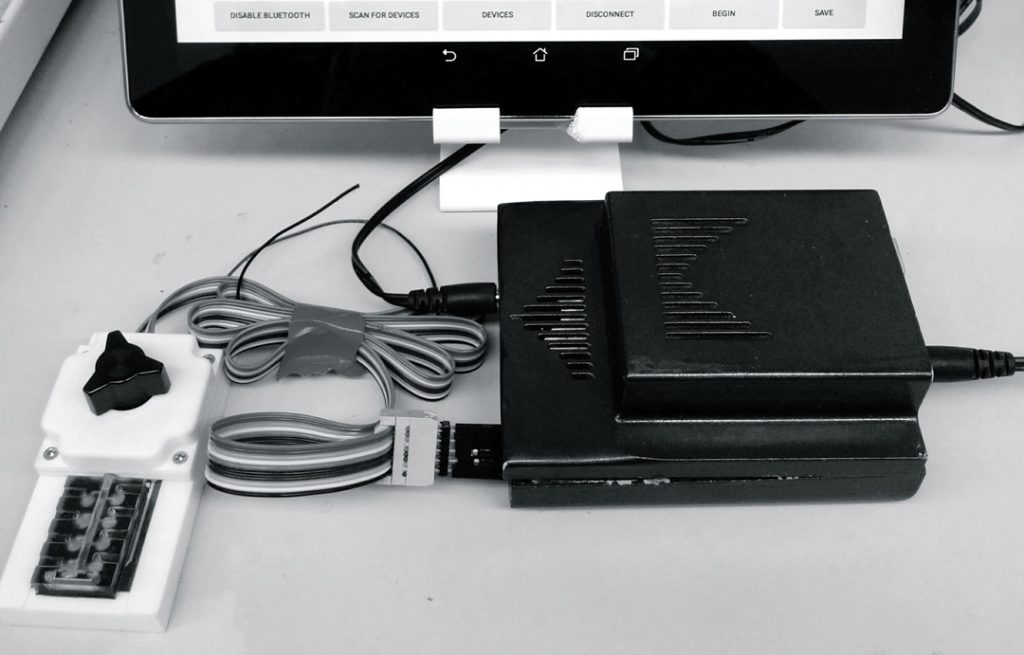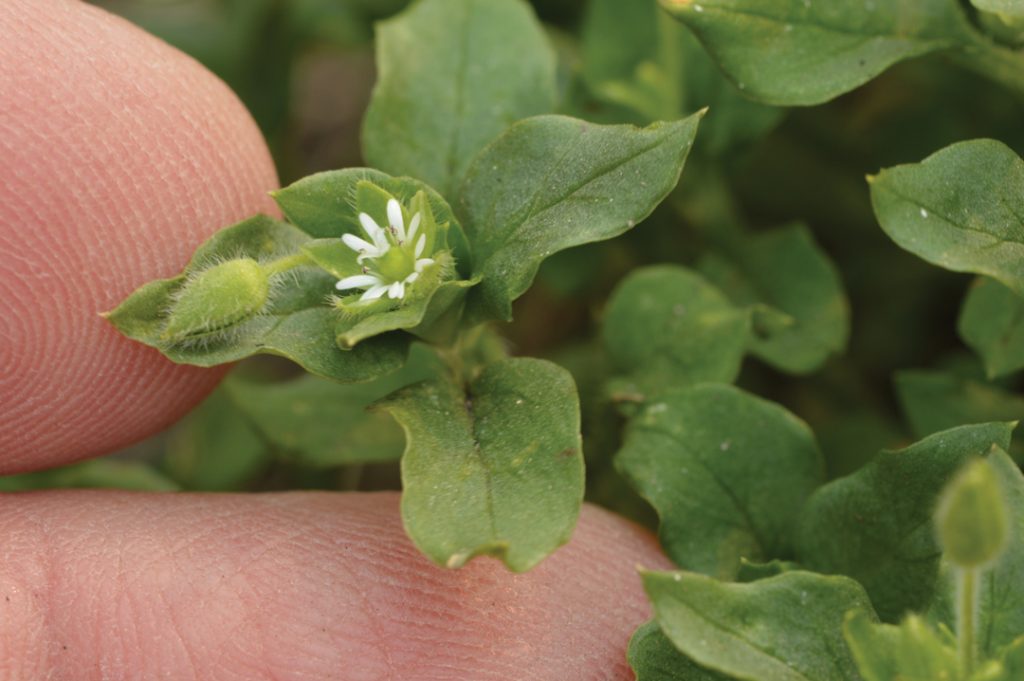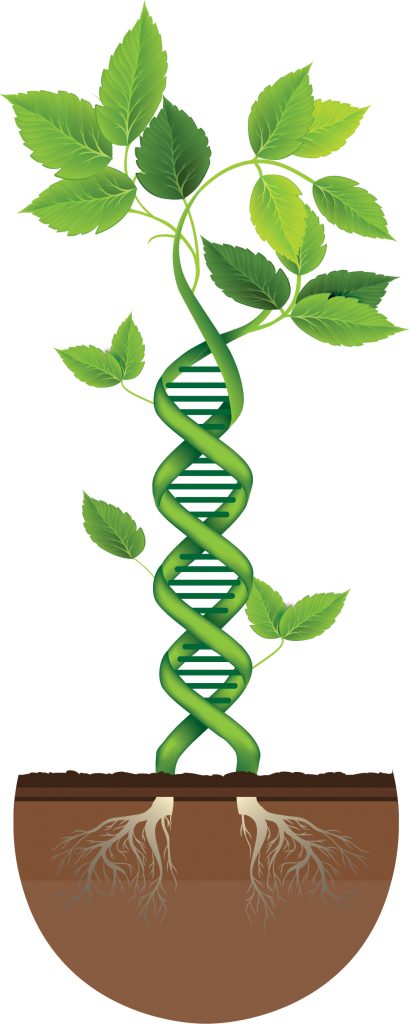INDISPENSABLE INSECT COUNTS
Those orange and red, blob-like areas on insect survey maps are a farmer’s cue to action. Fields seeded with certain crops and located in and around these hotspots may require individual assessment and population control. Among cereal farmers, the most anticipated of these maps are those for grasshoppers, wheat stem sawfly and wheat midge.




